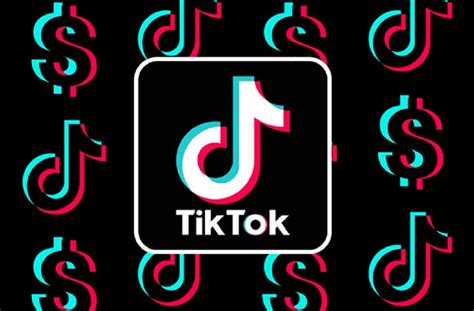US President Donald Trump has been at the forefront of a heated battle concerning the future of TikTok, a wildly popular video-sharing app owned by Chinese company ByteDance. The recent development saw Trump granting TikTok a second 75-day extension to comply with US regulations that mandate the sale of its US operations or face a ban within the country.
Trump’s Concerns
In an effort to prevent TikTok from “going dark,” Trump expressed his willingness to cooperate with both TikTok and China to finalize a deal that would satisfy legal requirements. The initial deadline extension granted by Trump earlier in his term was due to expire soon, pushing for further negotiations between involved parties.
The mounting pressure on ByteDance stems from bipartisan concerns raised by former President Joe Biden’s administration regarding potential national security threats posed by the app, citing fears of espionage and political influence. This prompted Congress to pass legislation mandating ByteDance to divest its stake in TikTok within a specific timeframe.
The Struggle for Compliance
ByteDance acknowledged engaging in discussions with the Trump administration but highlighted unresolved issues hindering a conclusive agreement. Notably, any deal would be subject to approval under Chinese law, adding layers of complexity to the negotiation process.
As speculation grew about potential buyers eyeing TikTok’s lucrative market share, Amazon emerged as one of the interested parties alongside other notable contenders such as Microsoft and venture capital firms. The uncertainty surrounding ownership transitions intensified when global import tariffs imposed by Trump threw existing deals into disarray.
Clash of Economies
The rift between China and the US deepened as trade tensions escalated post-tariff implementations. Reports indicated that China retracted approval for ongoing deals following retaliatory measures against its exports into American markets. Amidst this economic turmoil, tech giants and investors scrambled to secure ownership stakes in anticipation of favorable outcomes.
With Vice-President JD Vance leading negotiations on behalf of the administration, efforts were underway to salvage potential agreements amidst growing uncertainties surrounding international trade relations. Furthermore, talks hinted at leveraging tariff negotiations as bargaining chips towards securing approvals vital for finalizing acquisition deals involving TikTok.
In a bid to underscore national interests and economic strategies during these turbulent times, President Trump emphasized maintaining dialogue with China while upholding reciprocal trade policies aimed at safeguarding domestic industries. Such diplomatic maneuvers added layers of intricacy to an already complex saga revolving around technological innovation and geopolitical dynamics.
Through strategic alliances and intricate deal-making processes unfolding behind closed doors, stakeholders navigated through legal frameworks and geopolitical landscapes aiming for mutually beneficial outcomes amidst heightened scrutiny over data privacy concerns associated with social media platforms like TikTok.
As stakeholders continued their high-stakes juggling act between compliance mandates and economic imperatives within shifting political landscapes, uncertainty loomed large over TikTok’s fate in America—a battleground where corporate ambition intertwines with national security imperatives amid global power plays.

